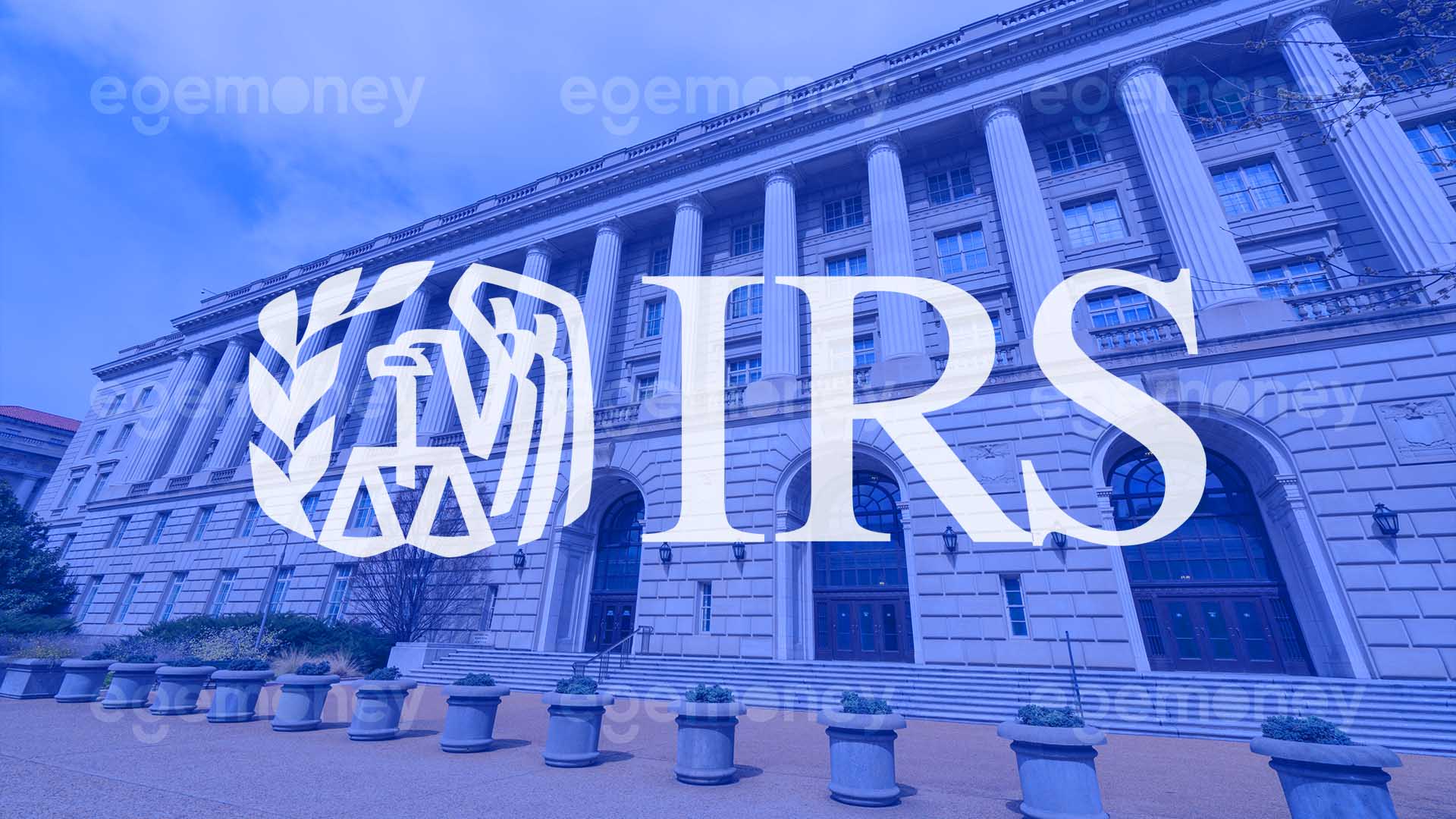The U.S. Internal Revenue Service (IRS) has mandated reporting of cryptocurrency transactions exceeding $10,000 starting from the new year. The cryptocurrency advocacy group CoinCenter reported on January 2nd that this new regulation is causing concern and legal objections.
According to CoinCenter, the new rules require anyone receiving cryptocurrency worth at least $10,000 to report transaction details to the IRS. The data to be reported includes the sender’s name, address, and Social Security number (SSN), as well as the amount, date, and type of the transaction.
The advocacy group noted that failure to file the report within 15 days of the transaction could constitute a criminal element.
CoinCenter emphasized that the new rule took effect on January 1st and is immediately enforceable and applicable without the need for further processing.
Guidelines on the official IRS website state that the relevant rule applies to cash transactions over $10,000 in business and commerce. This definition does not explicitly mention cryptocurrencies or digital assets as “cash”. However, the rule effective January 1st amends the Infrastructure Investment and Jobs Act of 2021, which expanded the definition of cash to include digital assets.
CoinCenter Opposes the Rules
CoinCenter expressed its opposition to the new rule today, describing the law as “unconstitutional and nearly impossible to enforce.”
For instance, they pointed out that there is no identifiable sender in new rewards obtained by blockchain miners and validators, leaving nothing to report to the authorities. Similarly, they highlighted that those transacting through decentralized exchanges also lack an identifiable sender to report. They also objected to the lack of clarity on how the value of any cryptocurrency should be determined.
CoinCenter stated that individuals obliged to report must fill out IRS Form 8300, but this form is also sent to FinCEN, a body they claim does not have the authority to request data on cryptocurrency transactions.
CoinCenter reported that it filed a lawsuit against the U.S. Treasury in June 2022, claiming these rules are unconstitutional, and the process is still ongoing.







